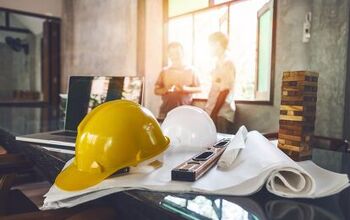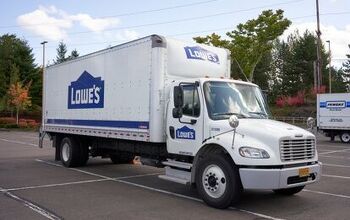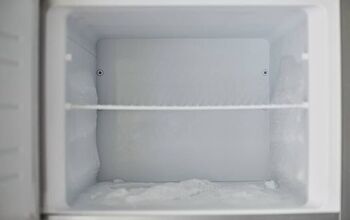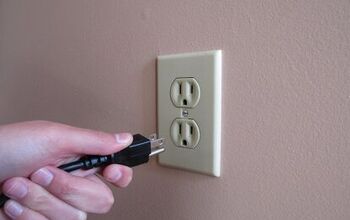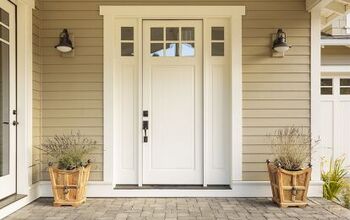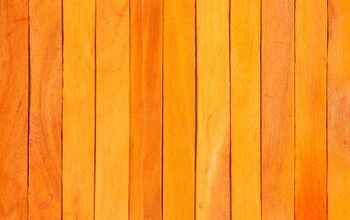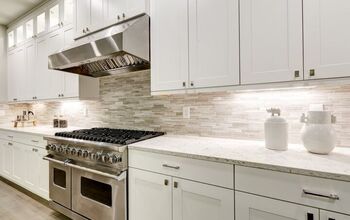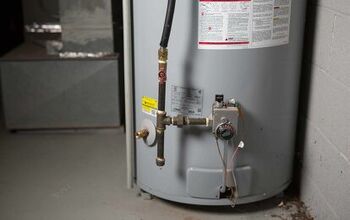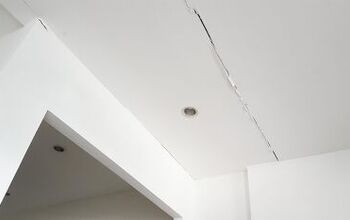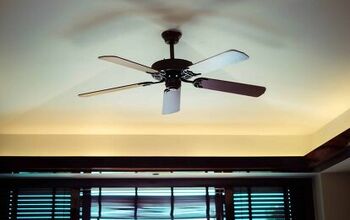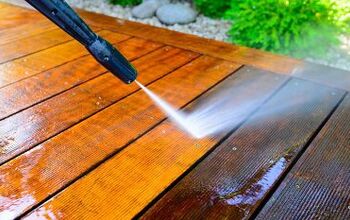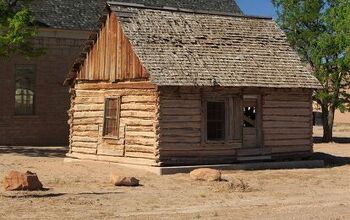How Big Is A 3000 Square Foot House? (Find Out Now!)

When looking to buy a house or any property, the question of how many square feet the property always arises. We will give you a breakdown of how big a 3000 square foot house is. Also, we can provide the pros and cons of living in a prominent place.
Understanding the dimensions of a 3000 square foot house is vital in the buying process. It helps you estimate the size of the house, yard, apartment, or any other area of space. So how big is a 3,000 sq. ft. house in dimensions and acres?
A 3,000 square foot home is as big as 0.06887 acres. Homes that are 3,000 square feet are not always square, as seen in the dimensions below. If broken into dimensions, listed is the most common references commuting the size of a 3,000 square foot house:
- 54.77 feet x 54.77 feet
- 49.3 feet x 60.85 feet
- 43.82 feet x 68.46 feet
- 38.34 feet x 78.35 feet
- 32.86 feet X 91.3 feet
- 27.39 feet x 109.53 feet
- 21.91 feet x 136.92 feet
- 16.43 feet x 182.59 feet
- 10.95 feet x 273.97 feet
The Break-Down of Cost by Square Foot
In the United States, the average cost is one hundred to one hundred and sixty dollars per square foot. That range might seem broad, but the average price depends on where you live and the size of your home. Below includes a breakdown of the cost to build a house based on square feet.
- 500 square foot house average cost is $50,000 to $80,000
- 1000 square foot house average cost is $100,000 to $160,000
- 1500 square foot house average cost is $150,000 to $240,000
- 2000 square foot house average cost is $200,000 to $320,000
- 2500 square foot house average cost is $250,000 to $400,000
- 3000 square foot house average cost is $300,000 to $480,000
- 3500 square foot house average cost is $350,000 to $560,000
- 4000 square foot house average cost is $400,000 to $640,000
Factors That Affect Cost Per Square Foot
Another major factor of the cost per square foot in a house is the extravagance of the house. Higher-end appliances, also known as house bells and whistles, have higher price tags. Prices of an average square foot can vary, and it is wise to walk with a contractor near the area.
If you are looking at building a house in the South, you might see that this is cheaper than in the west. The South is a low-cost living region, and you will probably pay a lower amount for construction costs. Remember that square foot cost is heavily determined by the hourly wages of various contractors that will build your house.
It is also essential to keep in mind the area’s code requirements for building because this can affect the price. An example of this would be the area’s weather. Florida is where some communities must have their homes built from concrete blocks to withstand hurricanes.
These requirements can affect local permit costs, therefore, raising the price per square foot. Local contractors will always work with you to best suit your needs in building the house you want.
The Land You Decide to Choose
If you are building a house, the land you build on can affect your home’s price per square foot. Buying a large piece of land can be a considerable expense in most situations. The contractor that you work with will already own the lot.
In this case, the land cost will be included within the building fees. This situation is more common if you are planning on purchasing in a pre-planned community. If you decide to build on an empty piece of land that you are buying, the price will dramatically increase.
Before deciding which route to take, talk to a contractor and see what better suits you or your family’s budget.
Things That Affect the Price Per Square Foot
Different things can raise or lower the price of a home per square foot. These are some catches to look for when buying or renting a house.
1. The Area Has A Lot to Do With It
More excellent areas or areas that are in high demand demographic areas will cost more.
2. Added Accessories Factors in the Price
Everything that comes with the house plays a role in the price. An example could be a new kitchen or a pool.
3. The Labor It Cost to Build the House
Based on the amount of labor, a general contractor will usually mark up the house 10-30%.
4. Weather or Climate Is Significant
Weather concerns in a specific area can increase costs based on certain requirements of your code standards.
5. Regions Can Affect the Price
Depending on the region you live in, the price will vary. For example, building a new home in the south is much less expensive than building a new house in the west.
6. If You Buy Land or Buy In a Pre-Planned Community
Pre-planned communities will typically have a lower price per square foot.
Before signing anything that you have an agreement with your contractor, ensure it is in your price range. You must be able to afford it, or it will become foreclosed.
Nine Reasons Why You Should Buy a Smaller House
In the simplest terms, buying a bigger house means spending more money. Listed are nine reasons why you should buy a smaller place.
1. Heating Bills Are Less Expensive With a Smaller House
Every winter, you will pay less than a larger house to keep your home warm. A 1,800-square-foot house costs about $3,000 per year to heat. A 4,000-square-foot home costs more than $5,400.
2. You Will Pay Fewer Taxes
In some states, if you buy a home over a certain amount of money, you are automatically taxed 1%. An example is New York. If you spend $1 million or more on a property, you are automatically taxed that 1%
3. Repairs Cost Less
The larger the house, the more you will have to spend to clean it. On average, it is said that it cost one dollar per square foot to clean. The more square feet, the higher the cost.
4. Larger Houses Are Harder to Sell
Bigger houses might sell for more, but they are also harder to sell for cash. Homes can sometimes sit for years in Real Estate before getting a genuine buyer.
5. Bigger Houses Waste Space
Having a big house might be refreshing, but most families spend most of their time in one specific room. This practice causes the other rooms to become a waste of space.
6. Bigger Houses Are Harder for the Environment
The energy used to light and heat bigger houses alone causes a massive environmental footprint.
7. Living in Bigger Houses Is Said to Make People Feel Lonely
In larger houses, especially with high ceilings, it has been proven that people can feel a sense of loneliness in larger homes. This feeling makes it exceptionally harder for the elderly.
8. There Is Less Family Bonding in a Bigger House
If you have kids in a bigger house, they have more room to escape making it harder to bond frequently with your family.
9. Your Commute Is Worse from a Bigger House
Bigger houses are usually not located near working hubs. This makes commutes from these areas longer than that of smaller homes found closer to municipalities.
Pros and Cons of Living In a Bigger Home
It may not always be the easiest to deal with, and there are options to weigh. There comes the good with the bad on living in a big house. These are some of the pros and cons most people are willing to admit.
Pros
- There Is a Feeling of Less Clutter. A couple of things on the floor might make the room look like a mess in a smaller house. With more space, this isn’t as big of an issue and may sometimes go unnoticed.
- There is More Room to Spread Out. In a bigger house, rooms aren’t as cluttered, and everyone can have their own space.
- It Gives a Sense of Success. Many people find their happiness of success is located in the big stuff they buy.
- Space Heaters Can Run Freely. Large fans and space heaters can be run in any room without the fear of risking a fire.
Cons
- The Lack of Coziness. With bigger a house the rooms are bigger and have more space. This can make rooms feel less cozy. The furniture doesn’t take up as much space in a bigger house.
- House Maintenance and Painting Take Forever. When it is time to do work around a bigger house, it takes longer. It will take the homeowner longer to paint the walls and do other maintenance.
- Reconstruction May Take Longer and Cost More. With the number of materials it takes to repair a home, wide spaces may cost a fortune.
More Related Guides

We are a team of passionate homeowners, home improvement pros, and DIY enthusiasts who enjoy sharing home improvement, housekeeping, decorating, and more with other homeowners! Whether you're looking for a step-by-step guide on fixing an appliance or the cost of installing a fence, we've here to help.
More by Upgraded Home Team



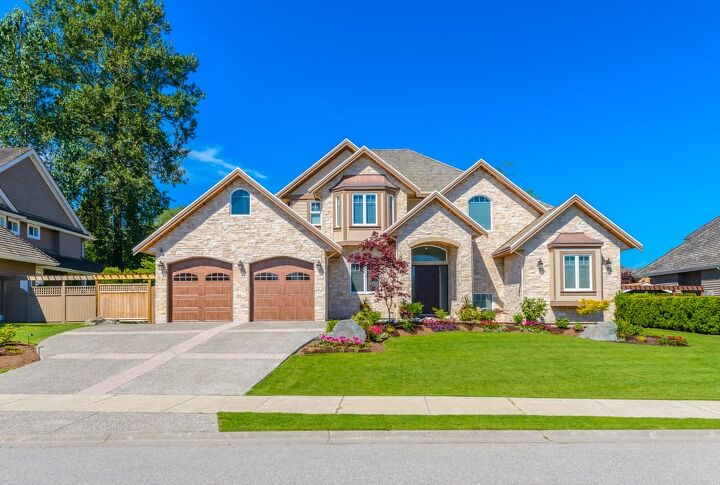







![Finishing Basement Without Permit [Is It Really Illegal?]](https://cdn-fastly.upgradedhome.com/media/2023/07/31/9070078/finishing-basement-without-permit-is-it-really-illegal.jpg?size=350x220)
